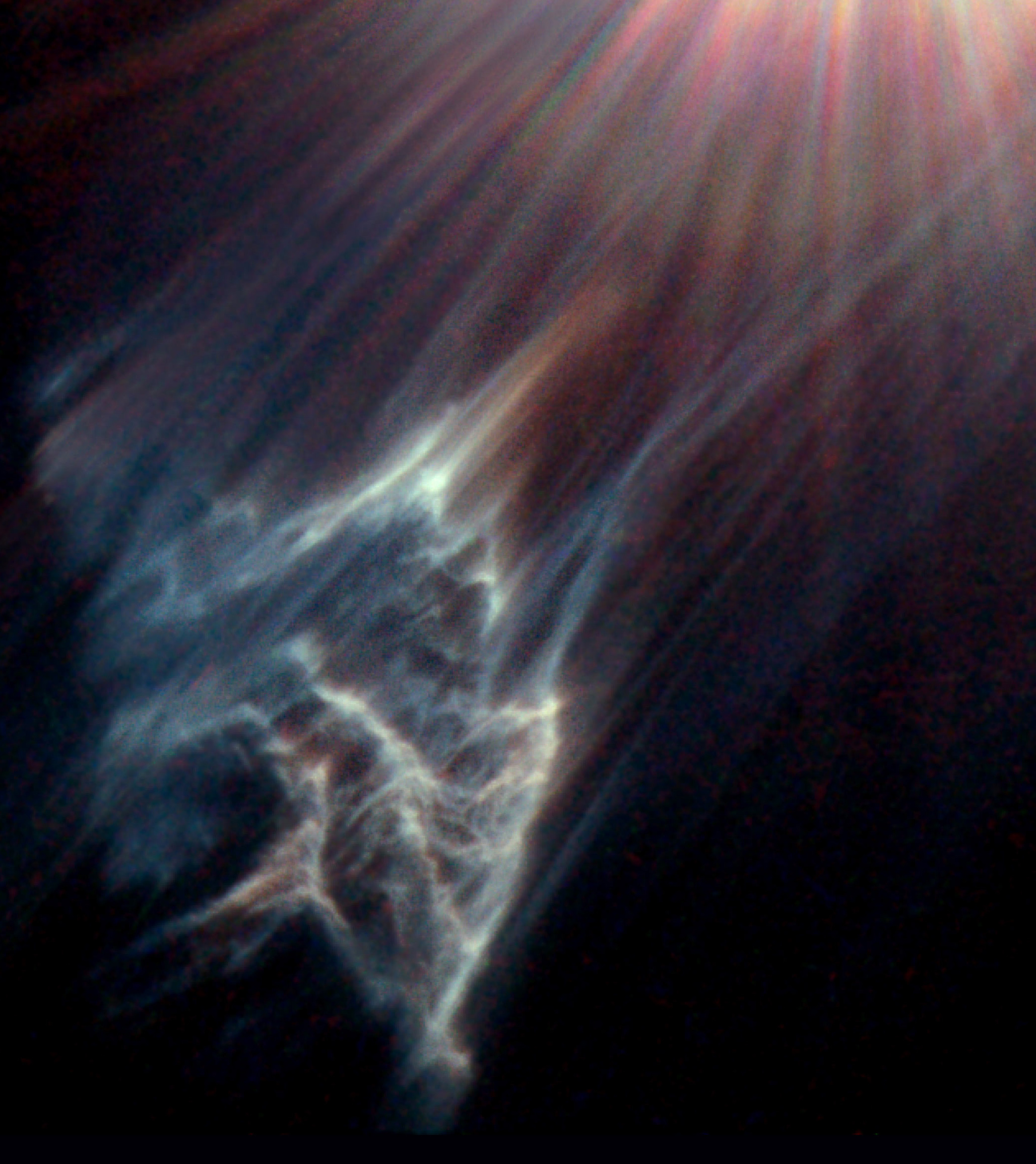
for solo piano
피아노를 위한, "빛과 어둠에 대한 수업"
Concert Stream – SOUND/SITES, A co-presentation of UChicago Presents and the Department of Music
November 11, 2021
Duration: ca. 7 minutes
Program notes
Although I believe that no music can truly symbolize concrete information, I also believe that no music can be perceived without relating it to the world in some way, as there can be no music with no audience. In other words, any music that is heard by an audience creates new reflections and meanings for the listener. In this sense, the categorization of music into absolute or programmatic, solely depends on the decisions or intentions of the composer (or historian), not the music itself.
It took more than a month for me to write this piece. Although it can be seen as a lethargic pace for a composer to take this much time to write a relatively brief solo piano piece, for me it was almost like an intensive meditation during which I was completely submerged in this world of light and darkness, which required much struggle and isolation.
The title, Lessons on Light and Darkness is taken from the genre Leçons de ténèbre (Lessons in the dark), the name for a small, cantata-like chamber work (especially in the case of Couperin) from the Renaissance and Baroque period. Such a work is mainly written for the Christian Tenebrae service, which was conducted during the Holy Week period, and in darkness.
In Christianity and other systems as well, this schismatic Katabasis period between the death and life implies the most profound theological creeds or mysterious secrets that cannot be deduced by logos or experience. Other examples include the Lethe symbol in Greek mythology and the Book of the Dead in Egyptian ritual text.
I mainly used two elements to denote the concepts of Light and Darkness. On one hand, light is the creation, as the sound world of the overtone series, from which an infinite series is derived in an infinite chain of creations. On the other hand, the darkness is the undertone series, which denotes the creator of the self, the source or the origin, The Creator of Anima Mundi. In this sense, I wanted to explore the concept of Jungian psychology, where death and creation are the different faces of god, and the quintessential parts of this world: shadow, blood, and the soul.
Another way I approached this metaphor is more intuitive and direct: Light is the incandescent, saturation of colors in the high register, and the darkness is the obscuring force, articulated by monophonic thuds of low bass notes, as well as ‘shadowy’ clusters. In the end, these converge, a low frequency initiating the infinite series of overtones, and via the high harmonies we hear the psycho- acoustic phenomenon of low/virtual fundamentals. One can imagine that the green sprouts only come from the earth after the harsh barren winter, from dead soil.
This piece is written for Eugenia Jeong to be premiered at the Concert Stream – SOUND/SITES, A co- presentation of UChicago Presents and the Department of Music program.
